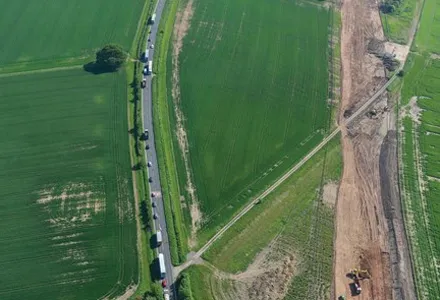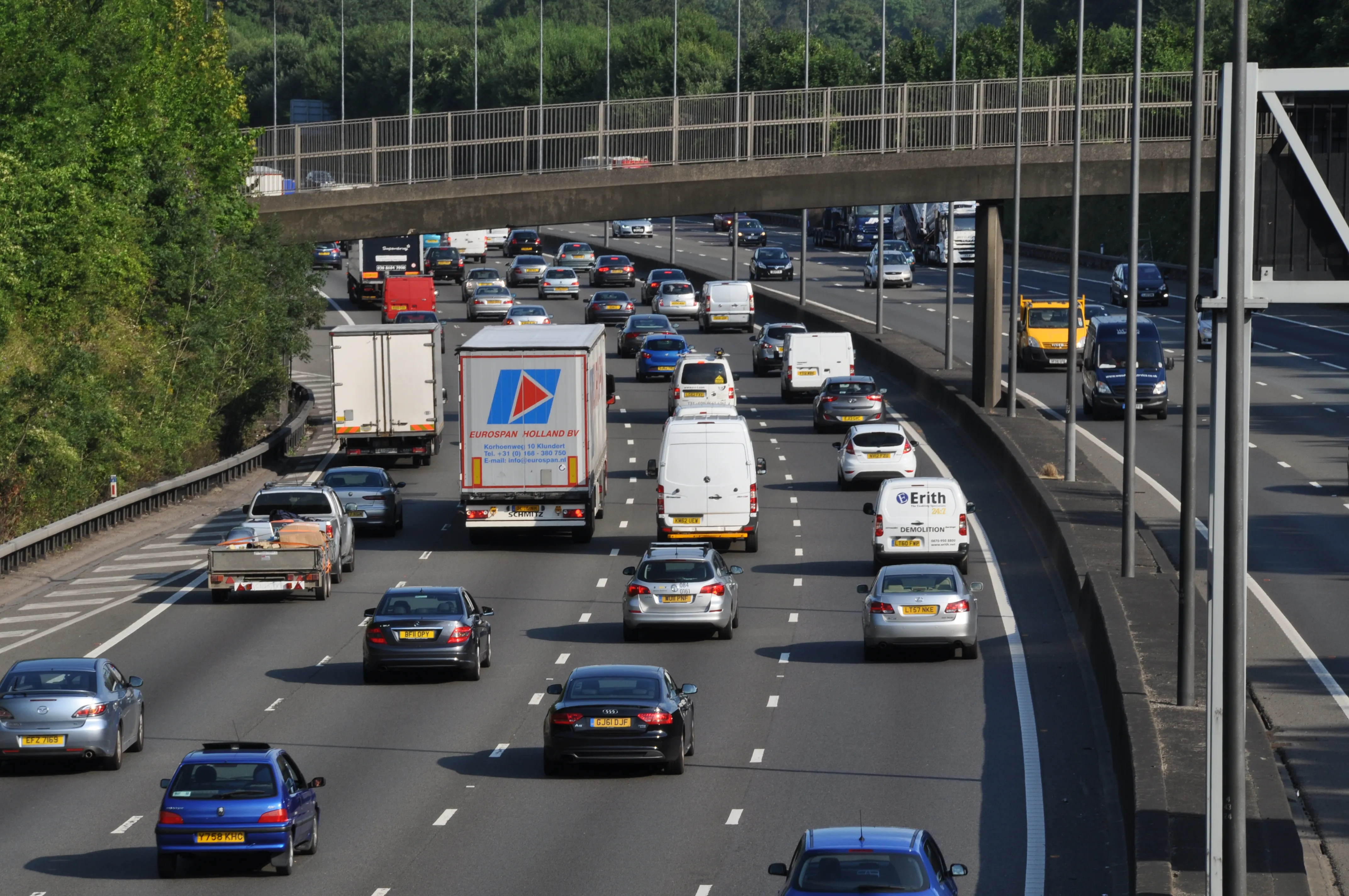The introduction of smart motorways in the UK has led to a significant increase in speeding fines, according to the UK’s British Broadcasting Corporation.
Fixed penalties issued on smart sections rose from 2,000 in 2010 to 52,000 in 2015.
Now, more than 1,000 motorists a week are being caught speeding on smart motorways, according to data supplied to the BBC by 12 police forces in England.
Annual speeding fine revenue going to central government increased to more than €1.23 million, from nearly €16
November 14, 2016
Read time: 2 mins
The introduction of smart motorways in the UK has led to a significant increase in speeding fines, according to the UK’s British Broadcasting Corporation.
Fixed penalties issued on smart sections rose from 2,000 in 2010 to 52,000 in 2015.
Now, more than 1,000 motorists a week are being caught speeding on smart motorways, according to data supplied to the BBC by 12 police forces in England.
Annual speeding fine revenue going to central government increased to more than €1.23 million, from nearly €169,000 five years ago.
Last year, 52,516 fixed penalties were issued on 11 smart sections, including on stretches of the M1, M25 and M6, the BBC noted.
This compared to 2,023 on the same stretches in 2010-11, before they were upgraded to smart motorways - which use the hard shoulder and variable speed limits to control traffic flow.
There are more than 380km of smart motorways in England with another 320km either planned or under construction.
Fixed penalties issued on smart sections rose from 2,000 in 2010 to 52,000 in 2015.
Now, more than 1,000 motorists a week are being caught speeding on smart motorways, according to data supplied to the BBC by 12 police forces in England.
Annual speeding fine revenue going to central government increased to more than €1.23 million, from nearly €169,000 five years ago.
Last year, 52,516 fixed penalties were issued on 11 smart sections, including on stretches of the M1, M25 and M6, the BBC noted.
This compared to 2,023 on the same stretches in 2010-11, before they were upgraded to smart motorways - which use the hard shoulder and variable speed limits to control traffic flow.
There are more than 380km of smart motorways in England with another 320km either planned or under construction.








